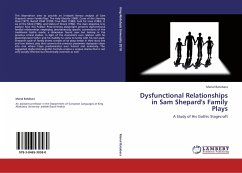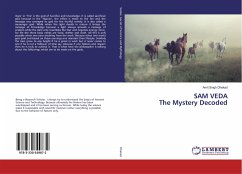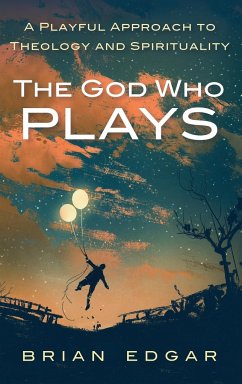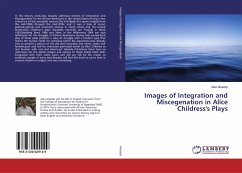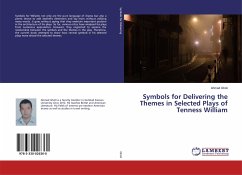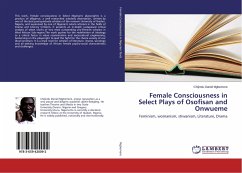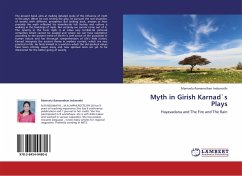This dissertation aims to provide an in-depth literary analysis of Sam Shepard's seven Family Plays: The Holy Ghostly (1969), Curse of the Starving Class (1977), Buried Child (1978), True West (1980), Fool for Love (1983), A Lie of the Mind (1985), and States of Shock (1992). The main objective is to explore how this Pulitzer Prize-winning playwright presents dysfunctional familial relationships employing simultaneously specific conventions of the traditional Gothic mode; a dimension found new but lacking in the previous critical studies. In light of the dramatist's own relation with his absent/present father and his inability to come to terms with his own past, Shepard's cycle of family drama consists of six plays similar in their story line and one distinct play that converts the previous pessimistic dystopian vision into one where hope predominates over hatred and animosity. The suggested dysfunctional-gothic formula creates a unique drama that is not only socially effective but theatrically inventive as well.
Bitte wählen Sie Ihr Anliegen aus.
Rechnungen
Retourenschein anfordern
Bestellstatus
Storno

